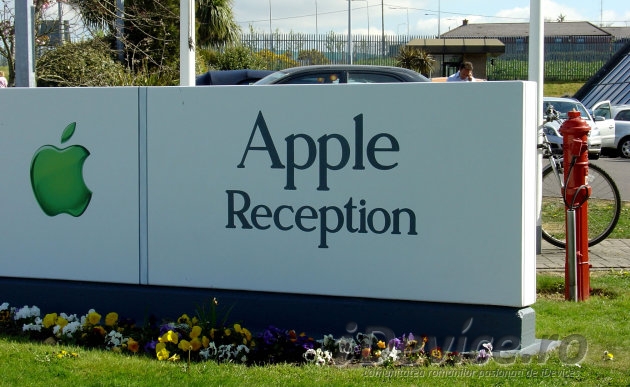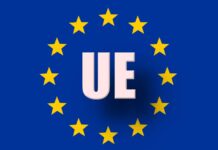Acum cateva minute v-am spus ca Apple a fost acuzata oficial de catre Comisia Europeana ca a primit tratament preferential pentru plata impozitelor pe venit in Irlanda, practica fiind declarata ca ilegala de catre Comisie. Fara a raspunde direct acestor acuzatii, cei de la Apple au raspuns unor informatii aparute luni, conform carora ea urmeaza sa fie acuzata si sustine ca nu a beneficiat de tratament selectiv din partea guvernului irlandez.
Apple is proud of its long history in Ireland and the 4,000 people we employ in Cork. They serve our customers through manufacturing, tech support and other important functions. Our success in Europe and around the world is the result of hard work and innovation by our employees, not any special arrangements with the government. Apple has received no selective treatment from Irish officials over the years. We’re subject to the same tax laws as the countless other companies who do business in Ireland.
Apple sustine ca a angajat peste 4000 de persoane in Cork, Irlanda, unde are cateva subsidiare, ei fiind angajati atat in fabrica ce produce Mac-uri, cat si in departamentele de suport si nu numai. Primul acord cu Irlanda a fost incheiat in anii ’80 sub conducerea lui Steve Jobs si implementat in 1991, el fiind reinnoit in 2007, iar Comisia Europeana sustine acum ca ele sunt ilegale si ii ofera companiei Apple o luna pentru a raspunde oficial acuzatiilor.
Since the iPhone launched in 2007, our tax payments in Ireland and around the world have increased tenfold. To continue that growth and the benefits it brings to the communities where we work and live, we believe comprehensive corporate tax reform is badly needed …
Cei din Cupertino prezinta totusi situatia altfel, ei sustinand indirect ca orice alta companie care creeaza locuri de munca si plateste impozite la bugetul statului poate beneficia de tratament preferential similar. Partea interesanta este ca legislatia comunitara nu prevede existenta vreunei amenzi pentru o companie care beneficiaza de asemenea tratament preferential din partea vreunui stat, guvernul acelui stant avand totusi obligatia de a isi recupera taxele de la companie.
Avand in vedere ca tot procesul ar putea dura 18 luni de zile, nimeni nu stie cum vor evolua lucrurile pana atunci.































